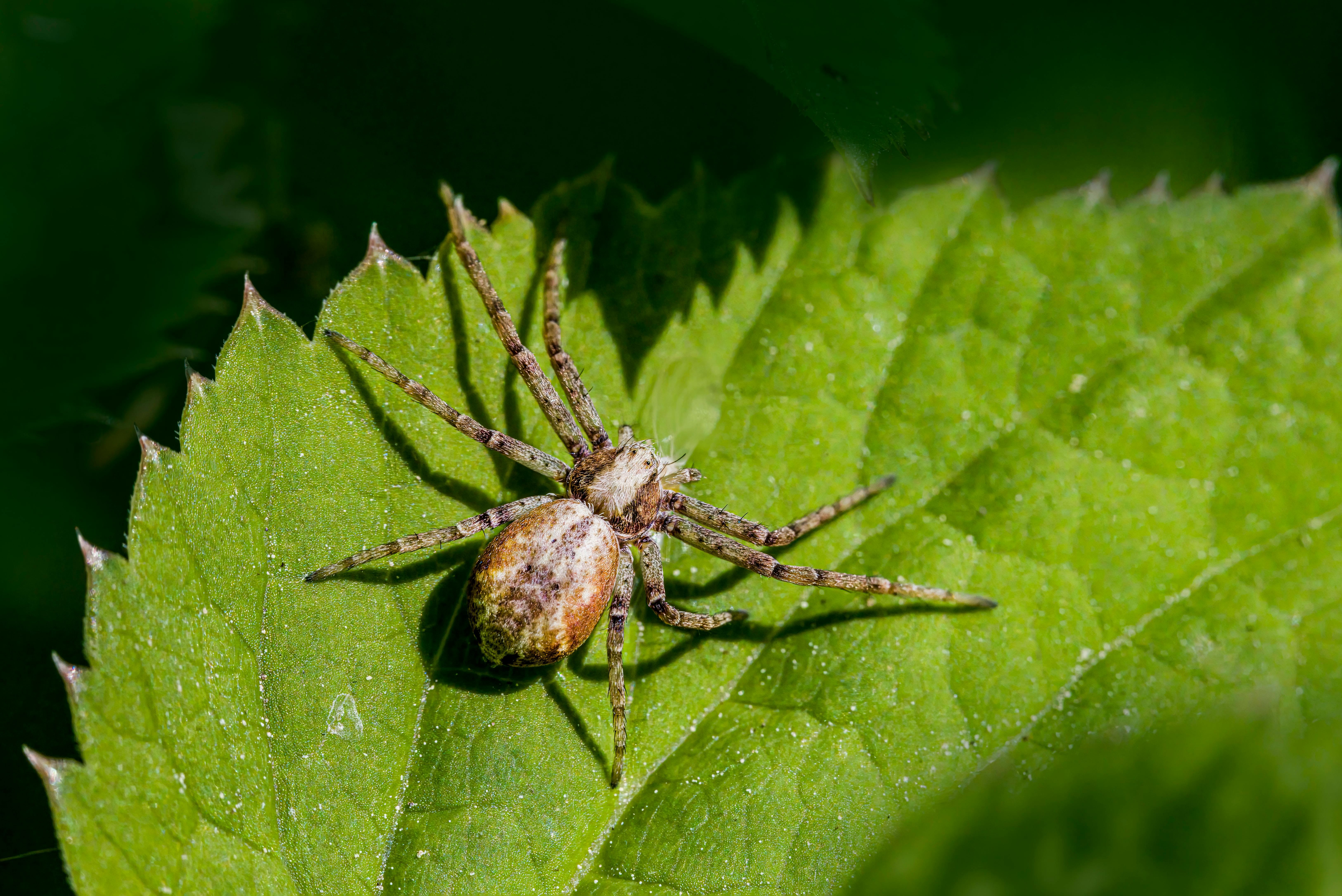
Effective Ways to Use Rabbit Repellent Plants in Your Garden
Maintaining a healthy and flourishing garden can be a rewarding task, but one of the significant challenges many gardeners face is the relentless appetite of rabbits. These small creatures often destroy ornamental flowers, vegetables, and fruits, leading to frustration among gardeners. Utilizing rabbit repellent plants is one of the most effective methods for controlling these pesky critters without resorting to toxic chemicals. This article delves into various plants that repel rabbits, focusing on their properties, benefits, and best practices for enhancing your garden's resistance to rabbit interference.
Rabbit repellent plants serve as natural deterrents, stemming from their strong scents and unappealing tastes. By understanding which plants to incorporate into your garden, you can create a wildlife-friendly environment while protecting your precious flora. Additionally, we will provide practical tips for planting and maintaining these species. The information below acts as a comprehensive guide to help you develop a garden that thrives despite the presence of rabbits.
As we explore the best plants for rabbit control, we'll highlight companion planting techniques, cultural practices for pest management, and strategies for creating an effective garden layout. By taking a holistic approach to gardening, you can ensure a vibrant ecosystem that deters rabbits while attracting beneficial wildlife.
Identifying Rabbit Repellent Plants for Your Garden
Building a garden filled with rabbit repellent plants begins with understanding which species effectively deter these fluffy pests. Some plants naturally repel rabbits due to their strong scents or bitter tastes, making them undesirable snacks. Incorporating these plants can significantly enhance your garden’s resilience.
Best Plants for Rabbit Control
Among the most effective rabbit repellent plants are aromatic herbs and flowers. Some top choices include:
1. **Lavender**: This fragrant herb is well-known for its aromatic properties that repel various pests, including rabbits.
2. **Sage**: Another aromatic plant, sage, emits a strong scent that rabbits typically dislike.
3. **Thyme**: Thyme not only enhances culinary dishes but also serves as an excellent rabbit deterrent in gardens.
4. **Marigolds**: Bright and cheerful, marigolds deter many pests with their strong scent, making them a stunning choice for rabbit control.
5. **Peppermint**: The strong aroma of peppermint is often unappealing to rabbits, making it an effective addition to your garden.
Implementing these plants in your garden allows you to create a diverse environment that naturally repels rabbits.
Herbs That Repel Rabbits
Herbs are not only beneficial for culinary uses but also serve as natural rabbit deterrents. The following herbs are highly effective:
1. **Oregano**: This flavorful herb adds zest to dishes while helping to keep rabbits away.
2. **Basil**: Not only does basil repel rabbits, but it also attracts beneficial insects, promoting biodiversity in your garden.
3. **Rosemary**: Strongly scented rosemary acts as a pest deterrent, making it a wise choice when planting gardens.
These herbs can be planted in pots or integrated into existing garden beds, further improving the overall ecosystem.
Landscaping to Deter Rabbits
When considering rabbit repellent plants, effective landscaping design can further minimize rabbit presence in your garden. Creating barriers and using plant combinations strategically can help establish a rabbit-proof environment.
Companion Planting for Rabbit Repellant
Companion planting pairs plants that beneficially influence each other. For instance, combining strong-scented herbs with susceptible flowering plants increases the overall effectiveness of your garden against rabbit invasion.
One successful combination involves planting marigolds alongside vegetable crops. Marigolds ward off pests, while their scent masks other plants from rabbits' keen sense of smell. Similarly, positioning lavender near tender seedlings can deter rabbits from feasting on your hard work.
Creating Barriers for Rabbit Control
Incorporating structural barriers can further enhance your rabbit control strategy. Using physical barriers such as fences or planting height-appropriate flora can prevent rabbits from reaching vulnerable plants. For instance, setting up raised garden beds can not only provide better drainage and soil quality but also serve as an effective physical barrier against rabbits.
Seasonal Plants for Rabbit Control
Certain plants exhibit seasonal vitality, providing a dynamic approach to ensuring year-round rabbit deterrence. Planting seasonal flora can attract beneficial insects while warding off rabbits.
Cold Climate Rabbit Resistant Plants
For cold climates, consider investing in perennial plants known for their rabbit resistance. **Rhubarb** thrives in cooler temperatures and is known to be unpleasant to rabbits. **Hollyhocks**, with their towering flowers, also deter such pests due to their unpleasant taste compared to other garden offerings.
Effectively Using Plant Combinations for Rabbit Prevention
Using plant combinations can create a robust line of defense against rabbits. Integrating both aromatic herbs and hardy shrubbery minimizes accessibility. For instance, a mix of **spicy-scented garlic** and **bitter eggplant** can reinforce protective measures while filling the garden with diversity.
Maintaining a Rabbit-Proof Garden
After establishing a variety of rabbit repellent plants, it is vital to implement regular maintenance routines. Monitoring soil health, growth patterns, and overall aesthetics contributes to a thriving, pest-resistant garden.
Organic Practices for Rabbit Deterrence
Emphasizing organic practices enhances plant health and creates a more sustainable approach to gardening. Using organic mulch can retain moisture while keeping weeds at bay, lessening rabbit attractions. Incorporate companion planting and habitat modification to create a balanced ecosystem that remains pest-resistant.
Managing Wildlife in Urban Gardens
In urban settings, managing wildlife interference becomes crucial. Set up effective fences and consider additional break barriers using dense shrubbery or wildflower patches, which can help not only deter rabbits but also wildlife in general.
Q&A Section
Here are some common questions regarding rabbit repellent plants and gardening strategies:
What are the most effective rabbit repellent plants?
Some of the most effective rabbit repellent plants include lavender, sage, marigolds, and peppermint due to their strong aromas and tastes that deter rabbits.
How can I incorporate these plants into my garden design?
Integrate these plants by using companion planting techniques, planting them around gardens, and mixing them with herbs to create a natural deterrent system.
Are there any organic methods to control rabbit populations?
Yes, using organic mulch, companion planting, and creating physical barriers are excellent strategies for managing rabbit populations in a sustainable manner.
Conclusion
Through integrating rabbit repellent plants and thoughtful landscaping, gardeners can successfully deter rabbits while preserving the beauty and bounty of their gardens. By choosing the right combinations and practicing regular maintenance, your garden can flourish without interference from these agile creatures.
 example.com/image2.png
example.com/image2.png
 example.com/image3.png
example.com/image3.png